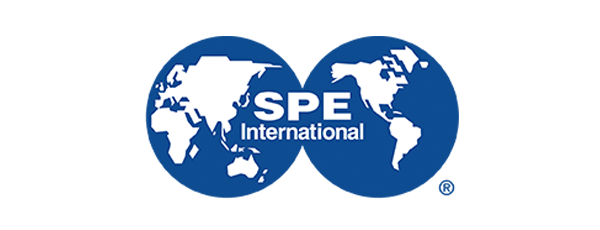Agenda | All times Atyrau Time (UTC +5 )
Thursday, October 22
Why is the strongest barrier to safety or adoption of best practices/policies individual human behaviour? Why do people not self-enforce or engage with the safety culture?
One of the most interesting topics brought up recently in all industries, including the oil and gas business, is understanding how the business can be affected by and is deeply interconnected with Human behaviour and human performances.
Human performances and human behaviour can deeply affect the business and the safety of an organisation. It is internationally recognised that human behaviour can represent either a preventive or mitigation barrier or, if seen in another perspective it can act as a deterioration mechanism on existing hardware and software barriers.
Human performance factors can play a critical role and contribute to accidents at the jobsite. It is important to recognise the hazards associated with human performance and manage them with the same rigorous approach dedicated to identifying assess and control occupational safety or process hazards.
Elements such as stress, tight deadlines and time pressure, fatigue, distance from home, lack of safety culture, inadequate ability and many others shall be taken in account.
The biggest challenges are certainly represented by the difficulties in assessing Human performances and clearly understand how to change the behaviour from unsafe to safe.
This panel is going to discuss possible strategies to promote safe behaviours and create a working environment where safety becomes embedded in the culture of the organisation and in the working attitude of all employees thus producing a mindset step change at all levels.
From time to time the Industry has to cope with handling a global issue at local or national level. This may take the form of a health driven problem (pandemic), a natural disaster (flood, hurricane, earthquakes) or an operational matter (environmental incident, Spill, gas emissions). These incidents can occur anywhere in the world, but what does it mean to how the response is
co- ordinated in relation to the change of key stakeholders/owners? Who has ultimate responsibility in the delivery of the solution and are they really in sole control? What are the inhibitors and accelerators to a successful result?
Are oil companies and critical stakeholders cooperating enough to develop strong and coherent emergency protocols that can lead to a consistent and stronger preparedness and response irrespective of who has to deliver the response and the area where the intervention is needed?
On top of that, can crisis be predicted and prevented? Are we proactive enough in putting in place strategies that can prevent a crisis before it strikes?
A look at how COVID-19 has changed future working behaviours, environment, practices and how it has changed the Industry – greater adoption of digital services, technology, automation, innovation? Panellists will illustrate changes in how work is performed differently now in office and field environments, and share some of the most successful transformations in workplace activities prompted by COVID while maintaining operational efficiencies in the new normal.

